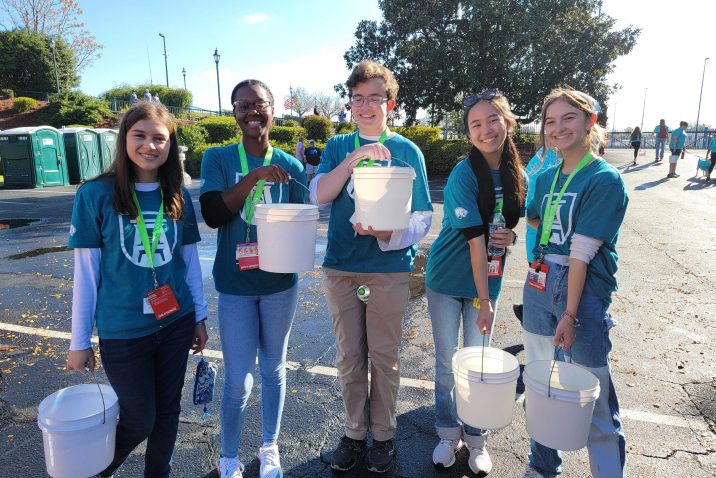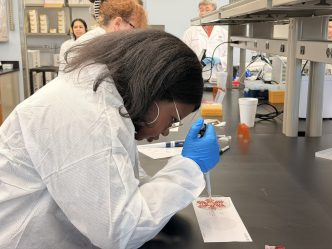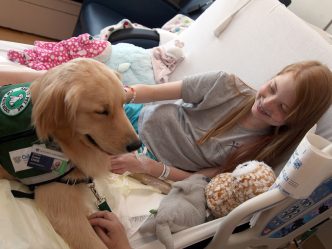April is National Volunteer Appreciation Month and is dedicated to the importance of the volunteers who serve not only the campus, but also the community.
Augusta University and Augusta University Health System volunteers spend countless hours and show true dedication toward serving others, helping support the university’s missions of health care, education and research.
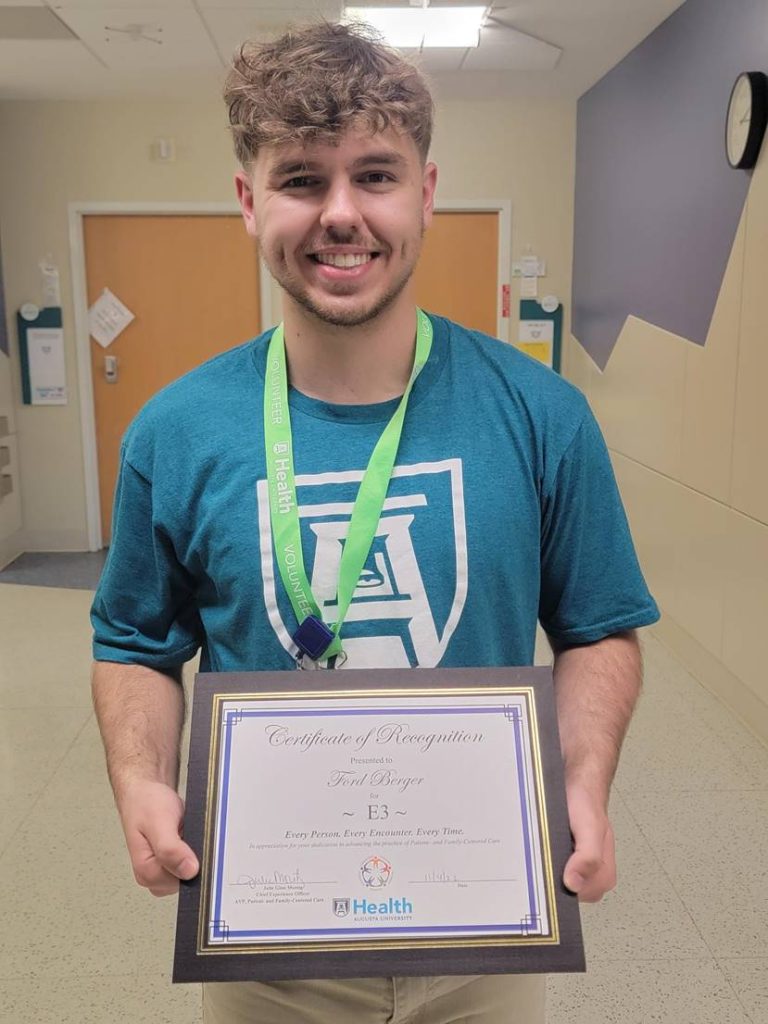
for his volunteer work.
For Ford Berger, Augusta University Student Government Association senator and general biology major with a concentration in pre-med, helping at the Children’s Hospital of Georgia solidifies his career path.
“I volunteer at the Children’s Hospital because I really enjoy the patient interactions I have with the kids. I think everyone likes helping people, and there are many jobs that do that, but it’s more than that to me. It’s about helping the people who need the most help.”
While his hours spent volunteering at Children’s benefits both the staff and the patients, the greater benefit to Ford is the perspective it has allowed him to gain.
“For me, volunteering at the Children’s Hospital has really helped me to see the whole picture of medicine. It has given me this really special aspect that I can use in my future, as I want to be a physician one day,” he said. “I have seen what it means to be a great doctor. A doctor whose team loved them as a result. The team performed better as a whole, and patient care improved as a result.”
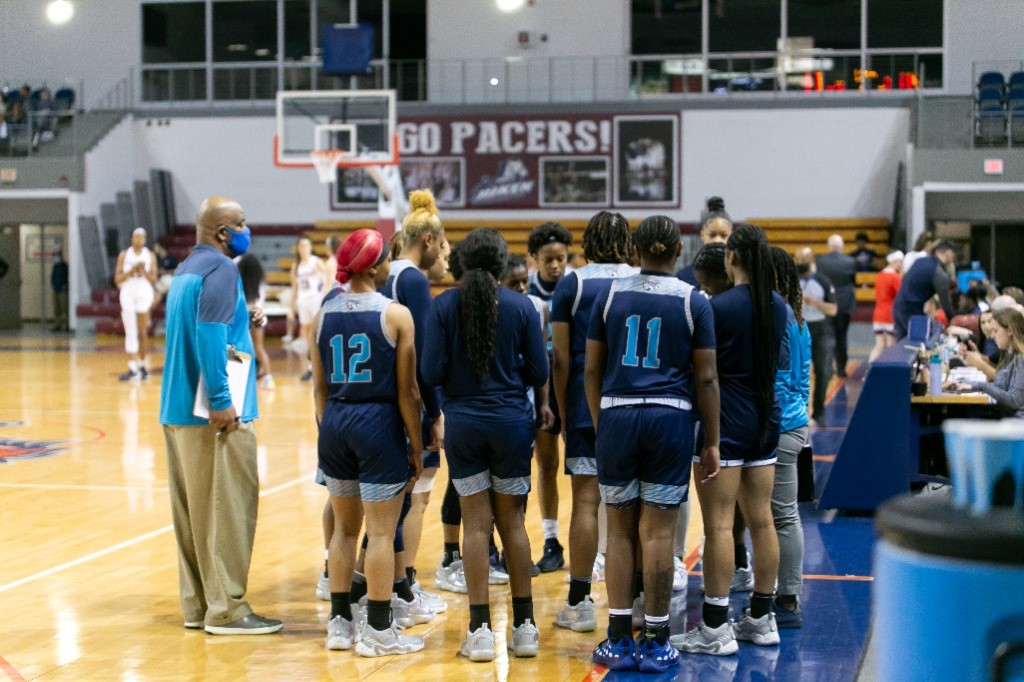
Manna Phillips, a psychology major, spent her time volunteering in the Multimedia Development Center, covering basketball and volleyball games, although her favorite task was running the replay system for the basketball games.
“Volunteering was such an amazing experience for me and introduced me to so many new connections,” Phillips said. “I made new friends with similar interests and got to work with adults who mentored me, while considering my student schedule. I now also have learned an amazing skill that can get me a well-paying job in the future. Many replay operators work singular games and get hundreds of dollars for just a few hours of work.
“Volunteering at AU was so easy to get into and reaped amazing benefits; I would definitely recommend it to anyone trying to branch out into new experiences,” she added.
In honor of their efforts throughout the past year, the Office of Volunteer Services and Community Engagement will be hosting a series of private volunteer events, including ice cream socials, Bark in the Park for pet therapy furry friends and a volunteer appreciation award dinner to celebrate those who have reached a milestone over the last year.
“We believe that community-engaged service is a driving force in growing and supporting the strong, resilient communities that we all share,” said Tina Baggott, associate vice president of Volunteer Services and Community Engagement. “No matter where your passion or career field interests lie, there is generally a community organization that has a volunteer need where you can make a positive difference by sharing your time and talents.”
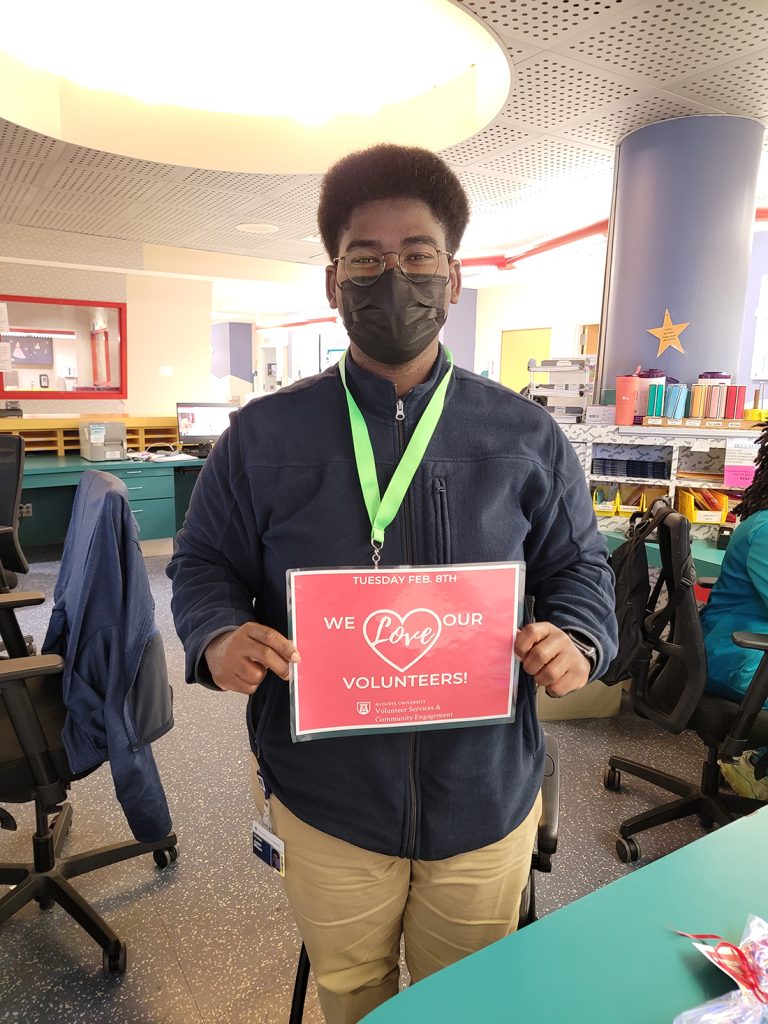
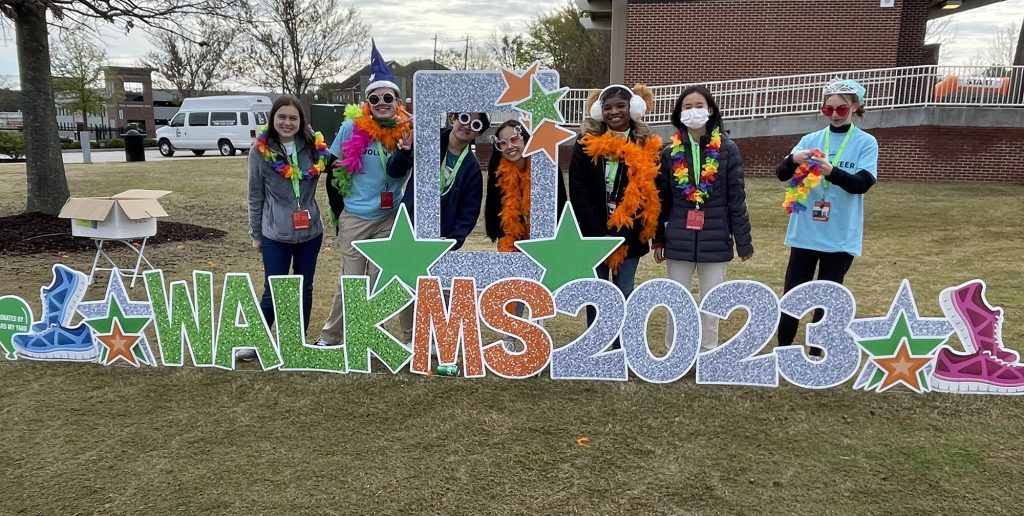
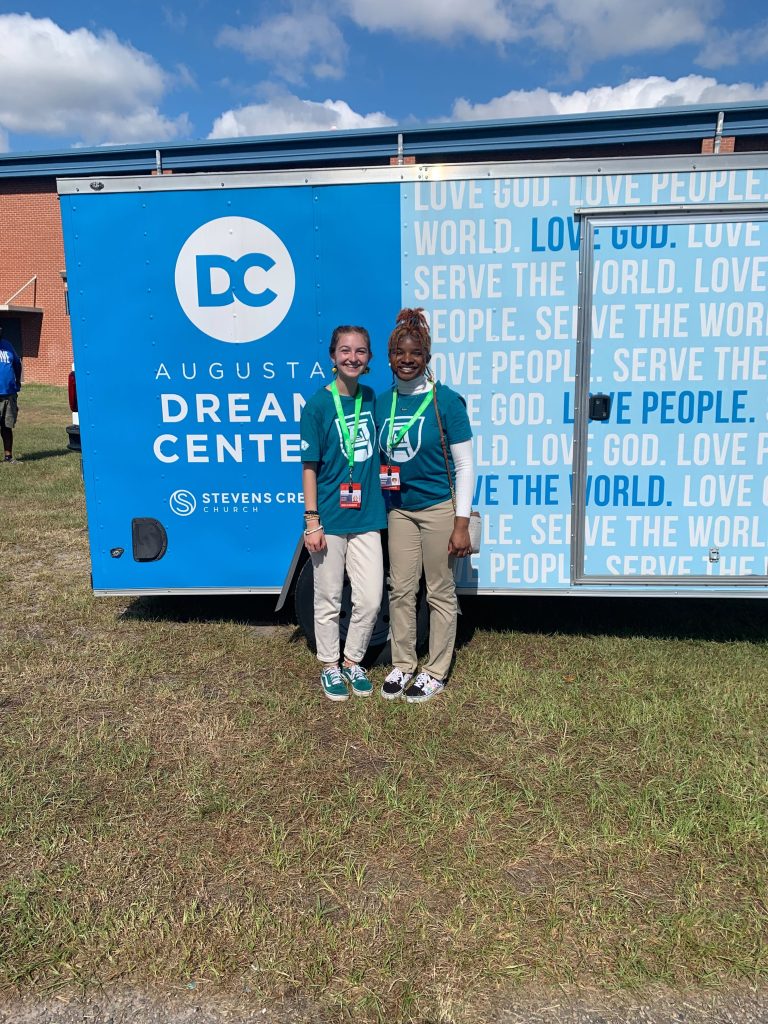
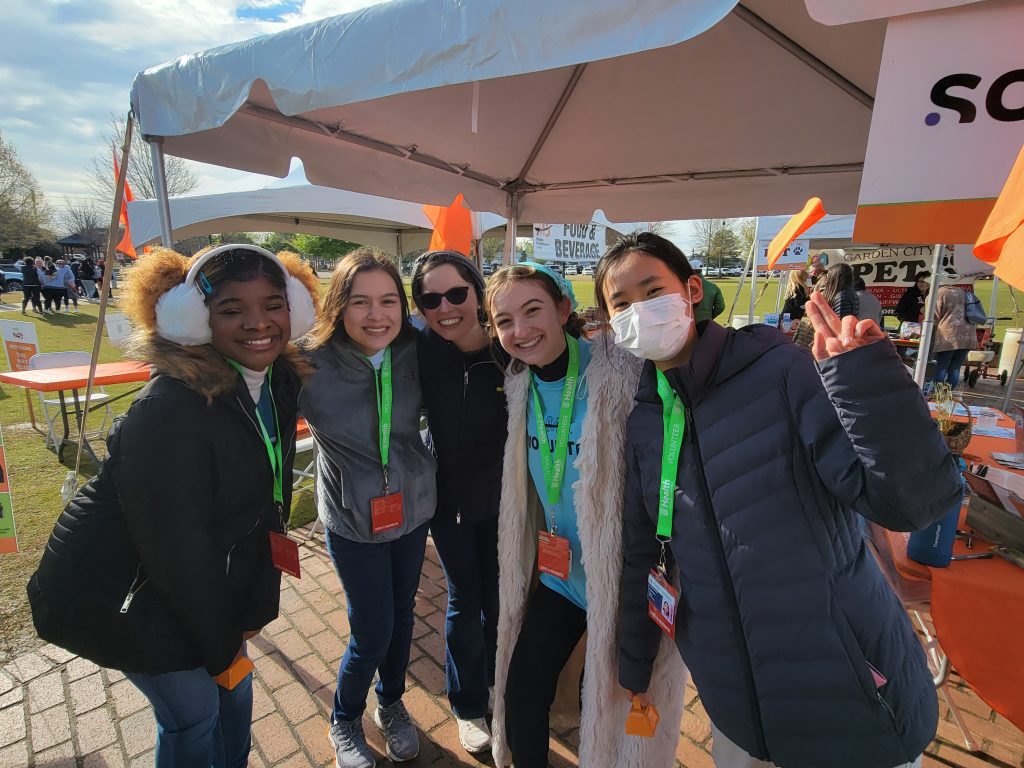
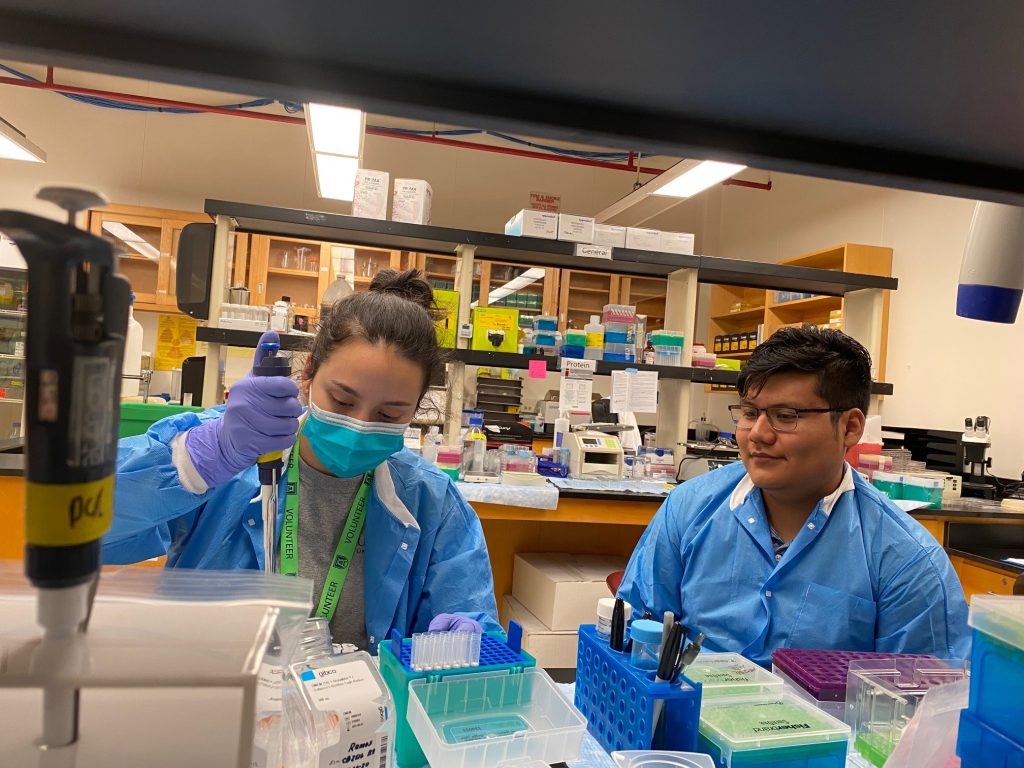
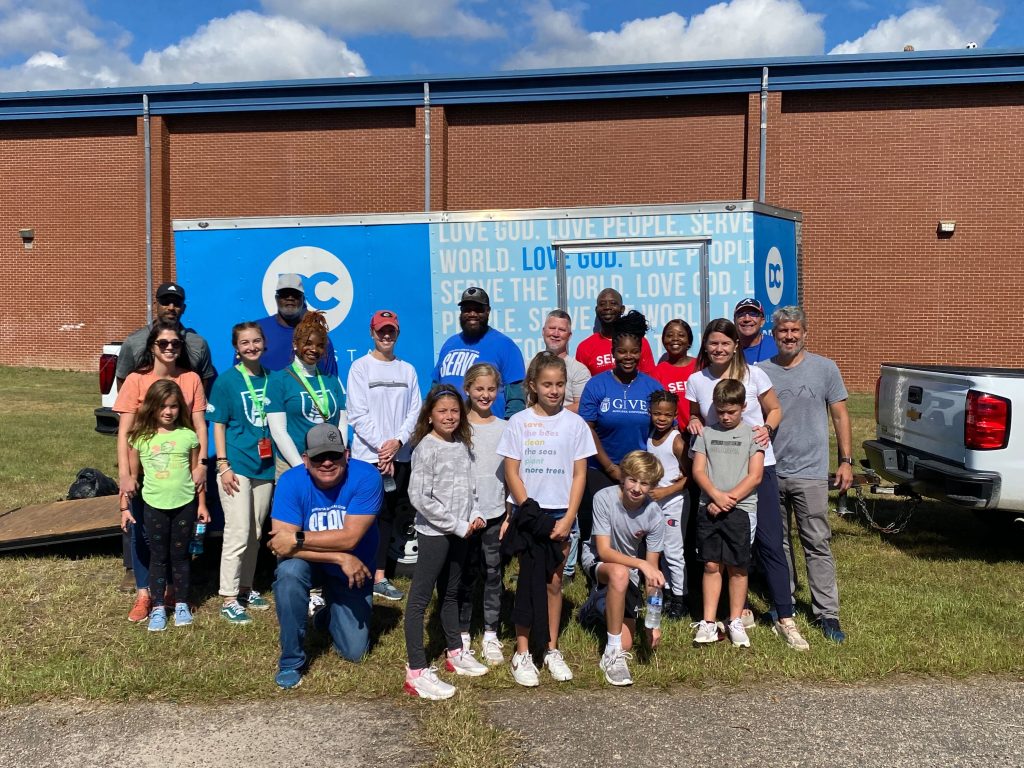
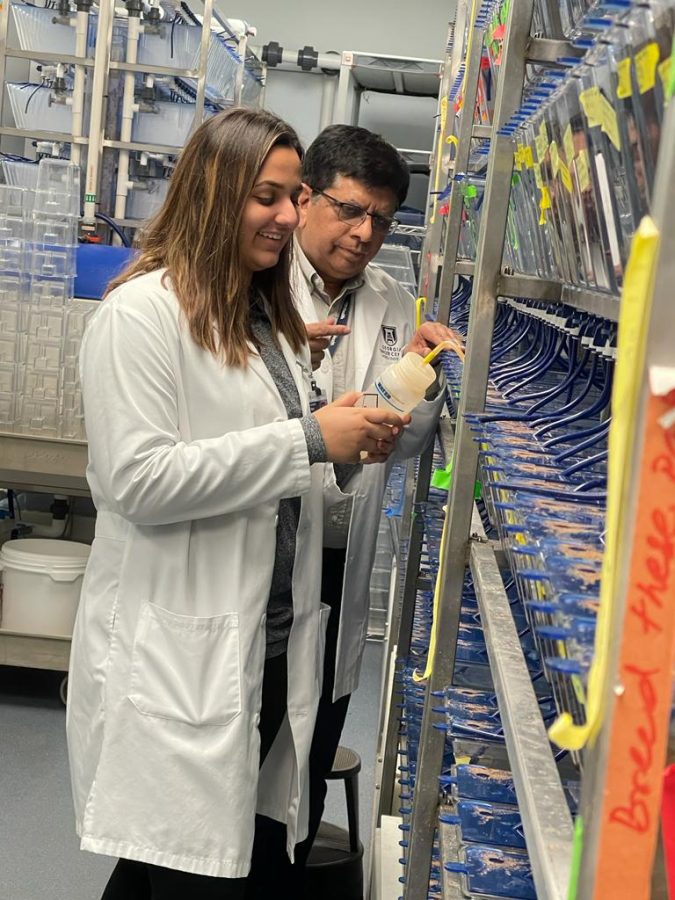
Students, faculty and staff looking to volunteer with causes or organizations in the area can find various opportunities on JagPulse, a platform that allows volunteers to easily locate opportunities to help the community and those in need with a wide variety of community partners across the CSRA.
“Here at AU, we have JagPulse, our new community engagement online platform,” said Baggott. “This is a space where AU students, faculty and staff can easily connect with our community partners in the CSRA and beyond. JagPulse can be used to find volunteer opportunities (both on and off-campus) and learn how our fellow Jags are working together to make a difference like no other.”
For those interested in volunteering at AU Health, the Office of Volunteer Services and Community Engagement offers volunteer positions across multiple areas, including Healing Arts, Volunteer Liaisons, Augusta University Medical Center, Art Play Studio, AU Health VolunTeen, AU Health VolunJags, Children’s Hospital of Georgia, Pet Therapy and the Georgia Cancer Center.
“From a student perspective, volunteering also offers a wealth of experiential learning and networking opportunities. What better way to learn more about a particular career field or community issue, than by immersing yourself in the day-to-day organizational efforts?”
Tina Baggott, associate vice president of Volunteer Services and Community Engagement
AU Health volunteers are committed to improving the lives of patients, families and staff. Their efforts help by assisting with anything that may be needed, including just offering a friendly listening ear to patients, answering calls or organizing materials.
Paula Recinos Urizar is one of those volunteers. A student double majoring in nursing and world language with a concentration in Spanish with a linguistic certification, she helps in both the Pediatric Intensive Care Unit and the interpretation department.
In the PICU, she takes on a variety of tasks, from filling the carts with supplies and organizing supply rooms to assisting with patient transfers, taking samples to the lab and speaking with patients and relatives. On the interpretation side, she takes and redirects calls and interprets for patients and staff members, both in person and over the phone.
“For me, volunteering has been a great help to grow personally and academically,” Recinos Urizar said. “On a personal level, it has helped me to see the world from a different perspective and how such small things can make a big difference. On an academic level, it helped me to surround myself with people who do day-to-day what I want to do in the future. I really enjoy volunteering.”
To find volunteer opportunities at AU and AU Health or around the community, visit JagPulse, the Volunteer Services website or email volunteers@augusta.edu.
“Volunteer support allows community organizations to extend their reach and their resources so that they can meet their mission goals at the highest levels,” Baggott said. “From a student perspective, volunteering also offers a wealth of experiential learning and networking opportunities. What better way to learn more about a particular career field or community issue, than by immersing yourself in the day-to-day organizational efforts?”
 Augusta University
Augusta University
